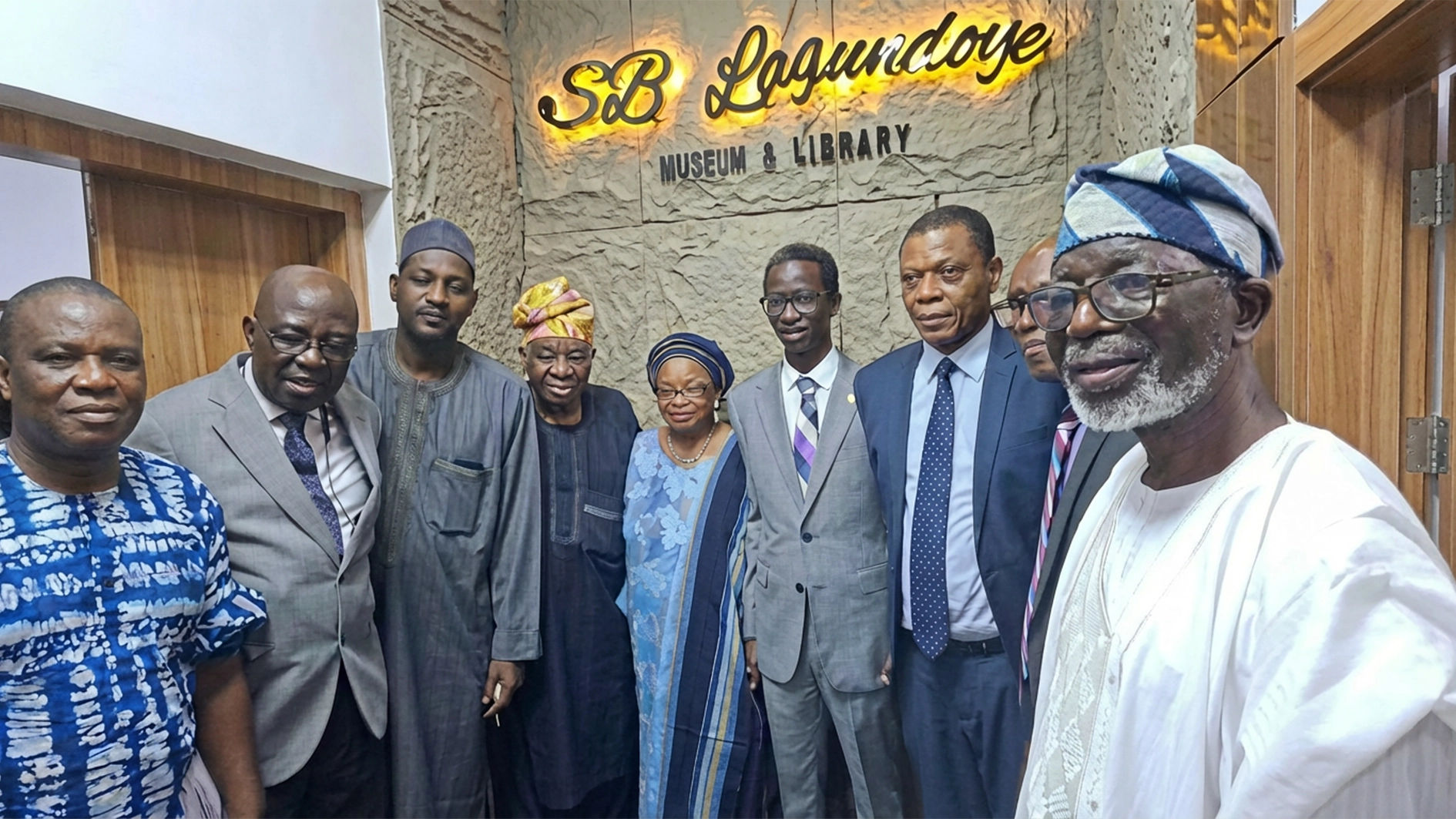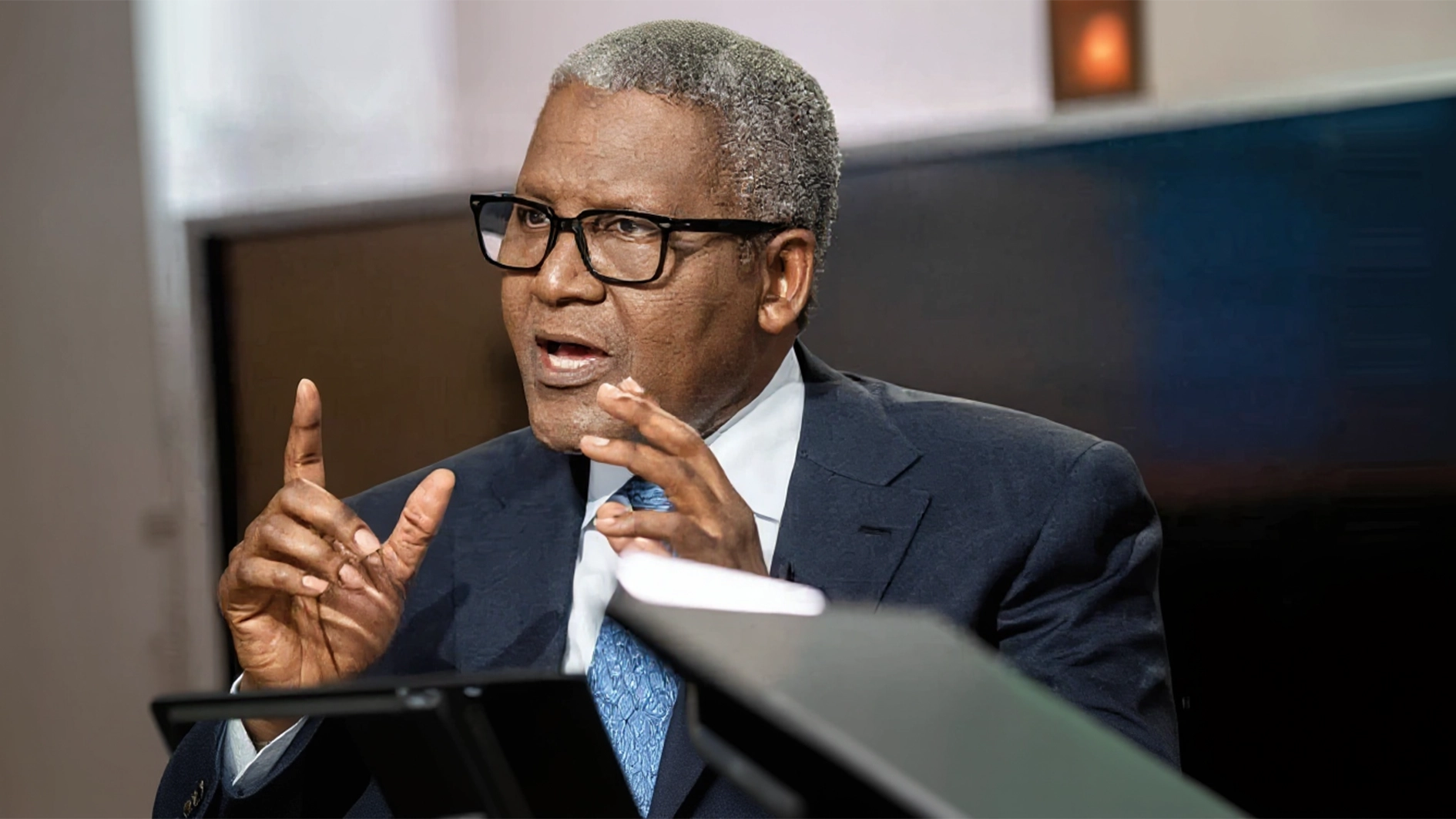NANS urges parties to find a middle ground
The crucial meeting between the Federal Government and the Academic Staff Union of Universities (ASUU) over the prompt release of withheld salaries, unpaid wage arrears, and enforcement of a long-pending renegotiated agreement is scheduled to take place today.
The meeting will determine whether or not the union will declare a full-blown strike in Nigeria’s public tertiary institutions. This comes amid protests by various ASUU chapters nationwide, demanding improved welfare and creating awareness about the planned strike.
Among the issues are an emergency revitalisation fund for public universities; payment of outstanding earned academic allowances, and release of withheld salaries, promotion arrears, and third-party deductions from members.
Others are the stoppage of illegal recruitments, the proliferation of public universities, and the abuse of university laws, regulations, and processes.
ASUU National President, Prof. Christopher Piwuna, had, last week, stated that the outcome of the meeting would shape the union’s next course of action, cautioning that its patience is wearing thin.
Piwuna said the meeting will guide the union of further steps in addressing its demands after over two years of waiting.
Meanwhile, the National Association of Nigerian Students (NANS) has called on both parties to find a middle ground. NANS Public Relations Officer, Adeyemi Ajasa, in a chat with The Guardian, lamented that students are always at the receiving end of industrial action by the union.
Ajasa, therefore, urged the federal government to address the lingering concerns raised by the union, noting that education should not constantly be disrupted by avoidable disputes. He stressed that a stable academic calendar is critical to the future of millions of Nigerian youths, many of whom have already lost valuable study years due to repeated strikes.
He further appealed to the union to adopt alternative channels of negotiation that would not involve halting academic activities, warning that prolonged strike actions only worsen the plight of students and diminish the quality of education in the country.
“It is important that the government listens to ASUU, and for the union to also ensure that it finds a better means of making demands. While we cannot forget the role played by ASUU in the development of university education, our only plea is that the union should find alternatives to strike actions.”






